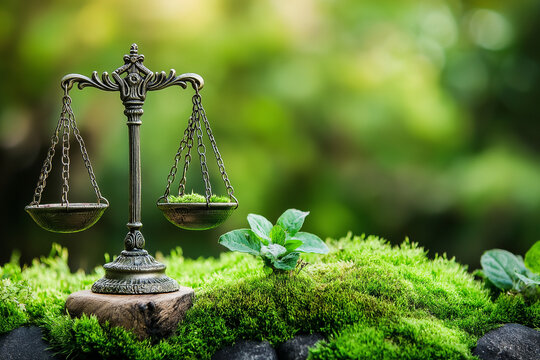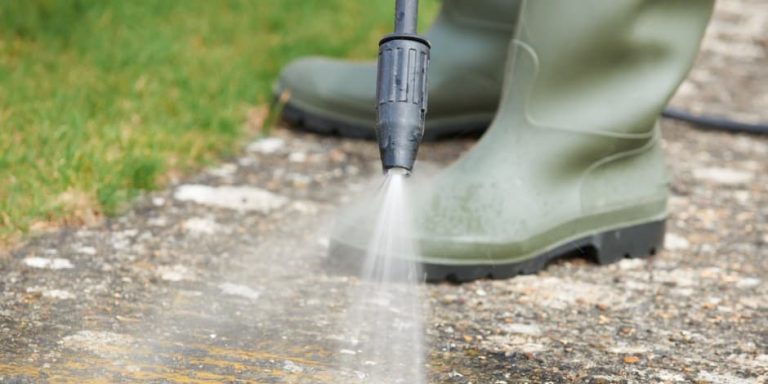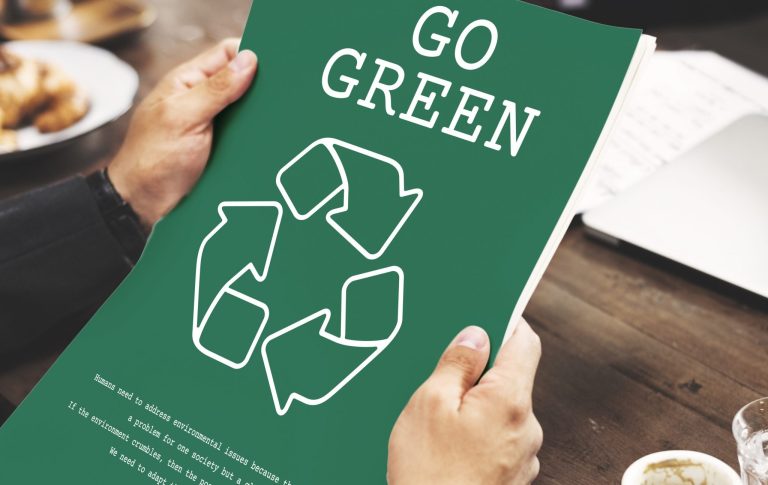
Power washing can make surfaces look brand new—but if done irresponsibly, it can leave behind more than a clean driveway. Runoff, chemical use, and water waste all have potential legal consequences. Whether you’re a homeowner doing some spring cleaning or a professional with a fleet of equipment, understanding regulations and compliance standards is essential. 🌍🚫
Failing to follow local and federal environmental laws doesn’t just harm ecosystems—it can lead to fines, legal action, or business shutdowns. This article outlines what you need to know to stay compliant and clean responsibly.
🏛️ Who Regulates Power Washing?
Multiple agencies oversee power washing practices, especially when it involves water discharge and chemical use. The main players include:
- U.S. Environmental Protection Agency (EPA)
- State environmental protection departments
- Local municipal codes or stormwater authorities
- HOAs and local zoning boards (for residential areas)
Each level of government can impose specific rules, and in some cases, you’ll need to comply with all three simultaneously. That’s especially true if you’re a business or commercial pressure washing operator.
🌊 The Clean Water Act and Stormwater Discharge
At the federal level, the Clean Water Act (CWA) is the most important law affecting power washing. Its goal is to prevent pollutants from entering navigable waters of the United States—including rivers, lakes, streams, and even certain wetlands.
How does power washing fit in? Through stormwater runoff.
Any activity that results in “non-stormwater discharge” (like wash water containing chemicals, oil, or dirt) may require a permit under the National Pollutant Discharge Elimination System (NPDES).
🛑 What’s prohibited under NPDES?
- Allowing wastewater from pressure washing to enter storm drains
- Using toxic cleaners without containment
- Cleaning heavy equipment near waterways without recovery systems
- Discharging wastewater from industrial washing into public sewer systems
Commercial operators who fail to comply may face steep fines—sometimes thousands of dollars per day of violation. 😬
🏘️ Local Ordinances and BMPs
Most cities and counties have local codes that go even further than federal laws. These may regulate:
- When and where power washing can occur
- Which detergents are allowed
- Required Best Management Practices (BMPs) for water and waste control
- Use of containment, vacuums, or filtration systems
Common BMPs include:
- Blocking storm drains during washing
- Diverting wastewater to landscaped or vegetated areas
- Using biodegradable soaps only
- Capturing water for offsite disposal
Some municipalities even provide checklists and training resources for pressure washing professionals to help them stay compliant. 📋✅
🔧 Licensing, Permits, and Water Use Restrictions
If you’re a commercial power washer, you may need:
- A business license
- A water discharge permit
- Certification or proof of environmental training
- A graywater reclamation plan
In drought-prone regions, such as parts of California, Arizona, or Nevada, power washing during certain months may be banned or severely restricted. Even residential use can be regulated—violating water restrictions can result in tickets and utility surcharges.
If you’re using large amounts of water or operating at commercial scale, it’s a good idea to contact your local water authority to find out what’s allowed.
🚛 Vehicle and Equipment Washing Compliance
Cleaning vehicles, especially commercial fleets, presents a unique set of challenges. That’s because grease, oil, and brake dust often wash into storm drains—posing a major pollution risk.
To stay compliant, you must:
- Wash vehicles on a designated wash pad with drainage
- Use oil/water separators
- Avoid washing on public streets or uncontained areas
- Collect and dispose of all wastewater offsite if needed
EPA guidelines state that even small businesses must ensure that no vehicle washing discharge reaches storm drains or surface waters. If you regularly wash cars or trucks, you may need to install permanent or mobile water recovery equipment.
🧪 Chemical Restrictions and Label Requirements
Some states and counties restrict what types of chemicals can be used outdoors. For example:
- Phosphates are banned or limited in many states
- Bleach must be diluted and controlled near vegetation or waterways
- Solvent-based cleaners may require special disposal procedures
If you’re buying pressure washing detergents, make sure they are:
- Clearly labeled with usage instructions
- Approved for outdoor use
- Listed as biodegradable or environmentally safe
Retailers and manufacturers can also be held accountable for improperly labeled products, so choose reputable brands whenever possible. 🧴🛍️
Browse Amazon Here For Biodegradable Pressure Washing Detergents
👷♂️ Professional Responsibility and Client Communication
For professionals, compliance isn’t just about avoiding fines—it’s also about building trust and credibility with clients.
A compliant pressure washing company should:
- Inform clients about runoff prevention measures
- Use signage or cones to block storm drains during service
- Train all employees in environmental BMPs
- Keep documentation of permits and cleaning agents used
Bonus: being known as an eco-friendly or green-certified business can attract environmentally conscious customers and boost your reputation. 🌱💼
🧼 What Homeowners Should Know
Even if you’re just power washing your own patio, you’re not exempt from environmental responsibility. Homeowners can be fined for:
- Allowing runoff into storm drains
- Using banned or restricted cleaners
- Washing during local water restriction periods
To stay safe, always check with your local city or county website for guidelines. And when in doubt, choose the most eco-friendly approach possible.
🌎 Final Thoughts
Regulations around power washing aren’t just red tape—they exist to protect our ecosystems, water supply, and community health. Whether you’re running a business or just sprucing up your sidewalk, staying compliant is essential.
By following the rules, using responsible practices, and educating yourself on your local laws, you not only avoid legal trouble—you help preserve the natural beauty around you for generations to come. 🌊🌿
Browse Amazon Here For Top Rated Power Washers And Accessories






